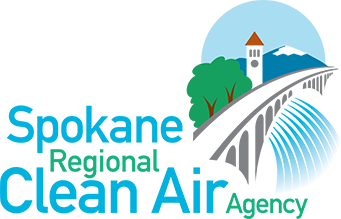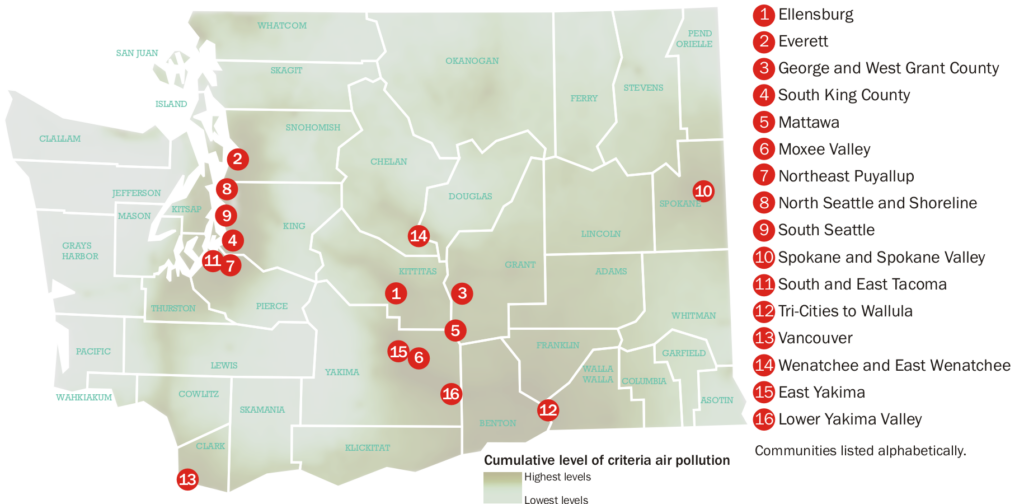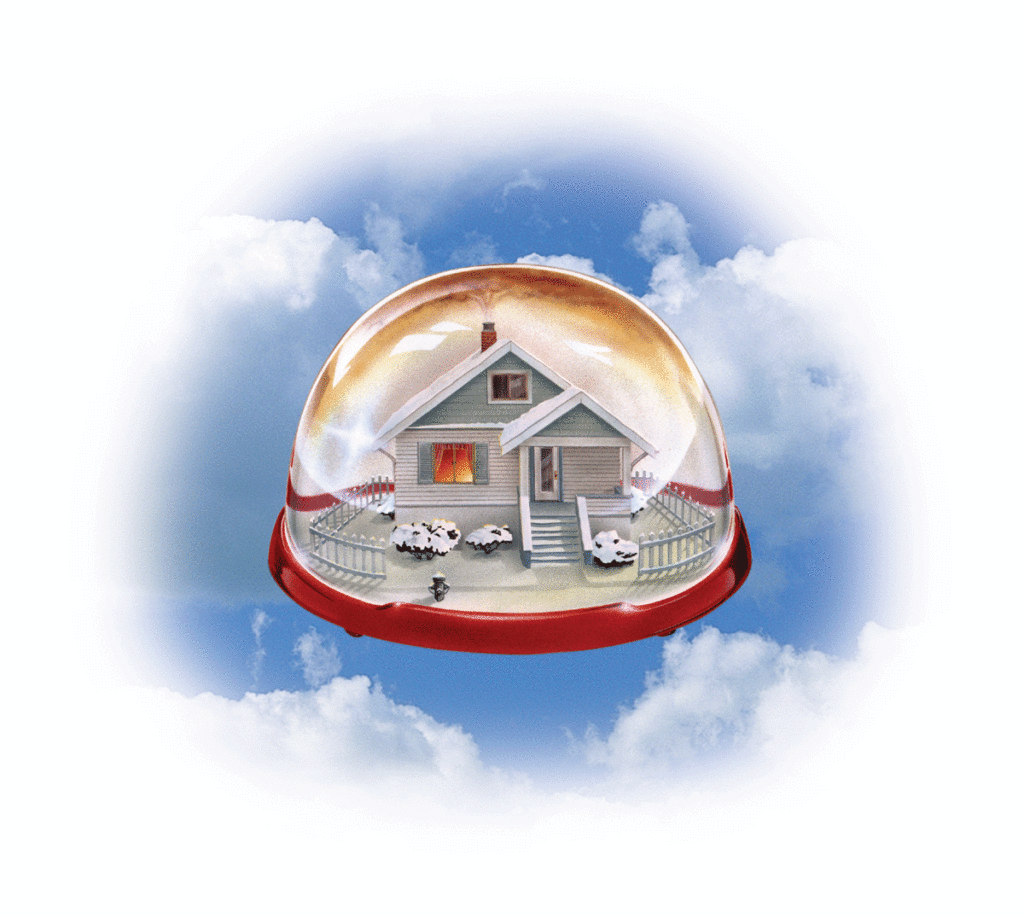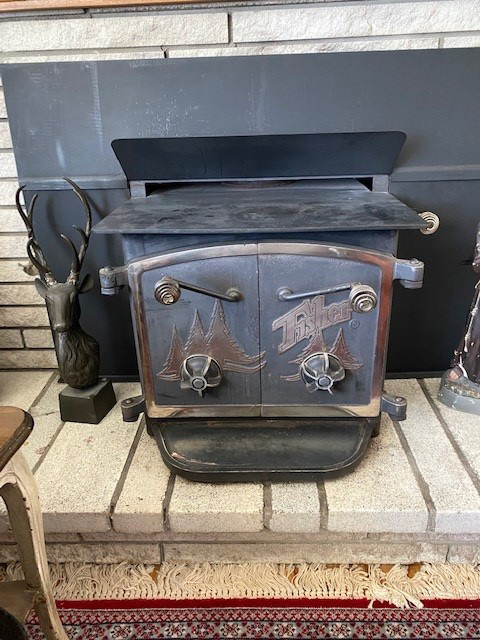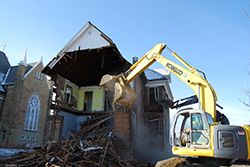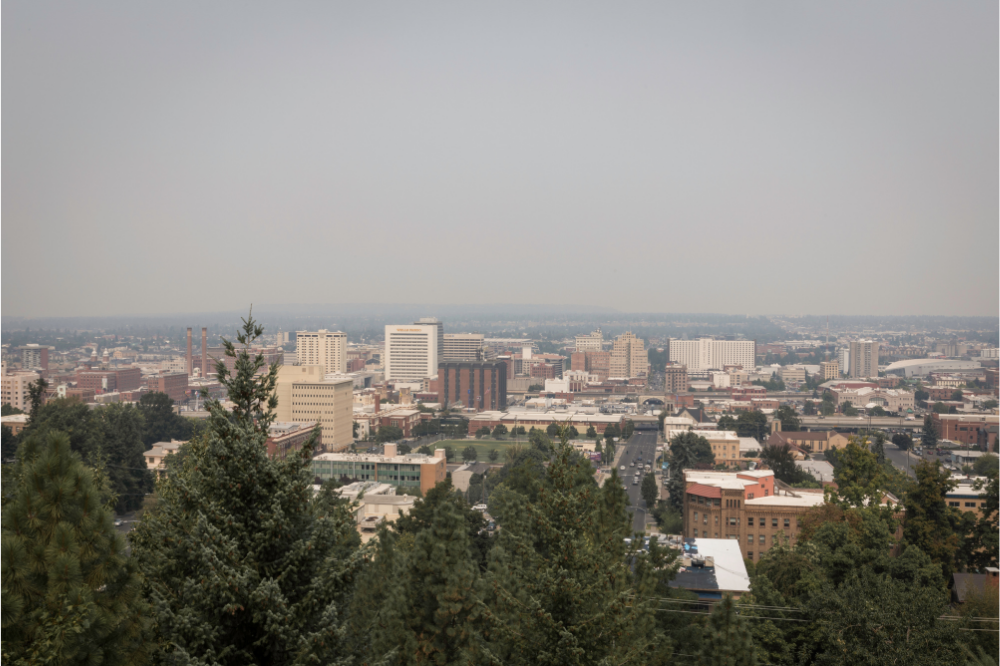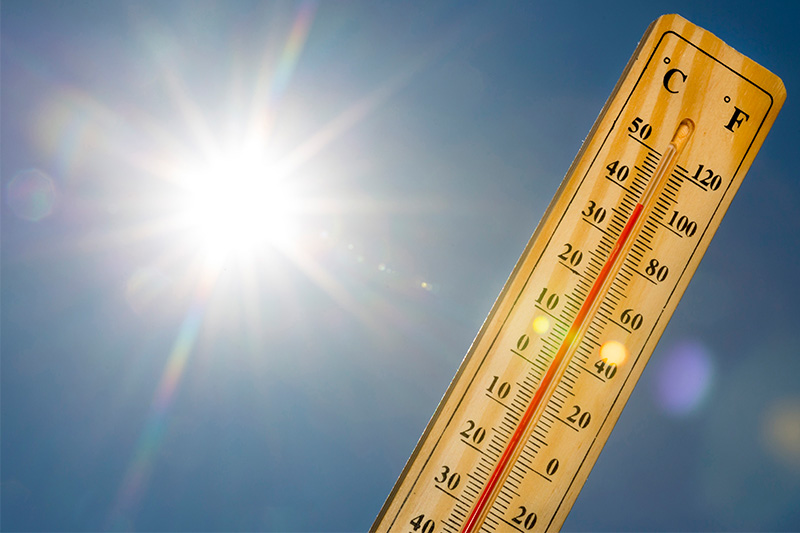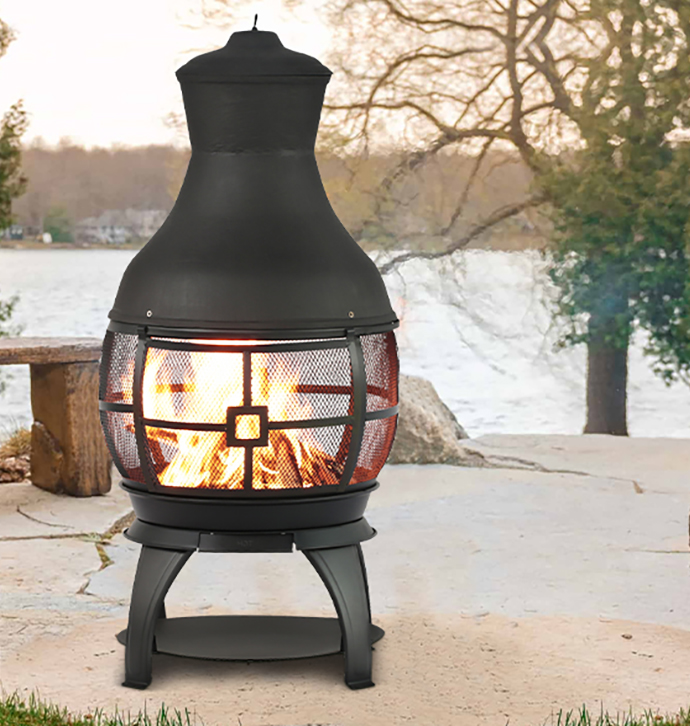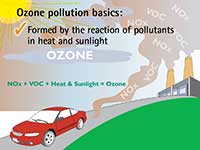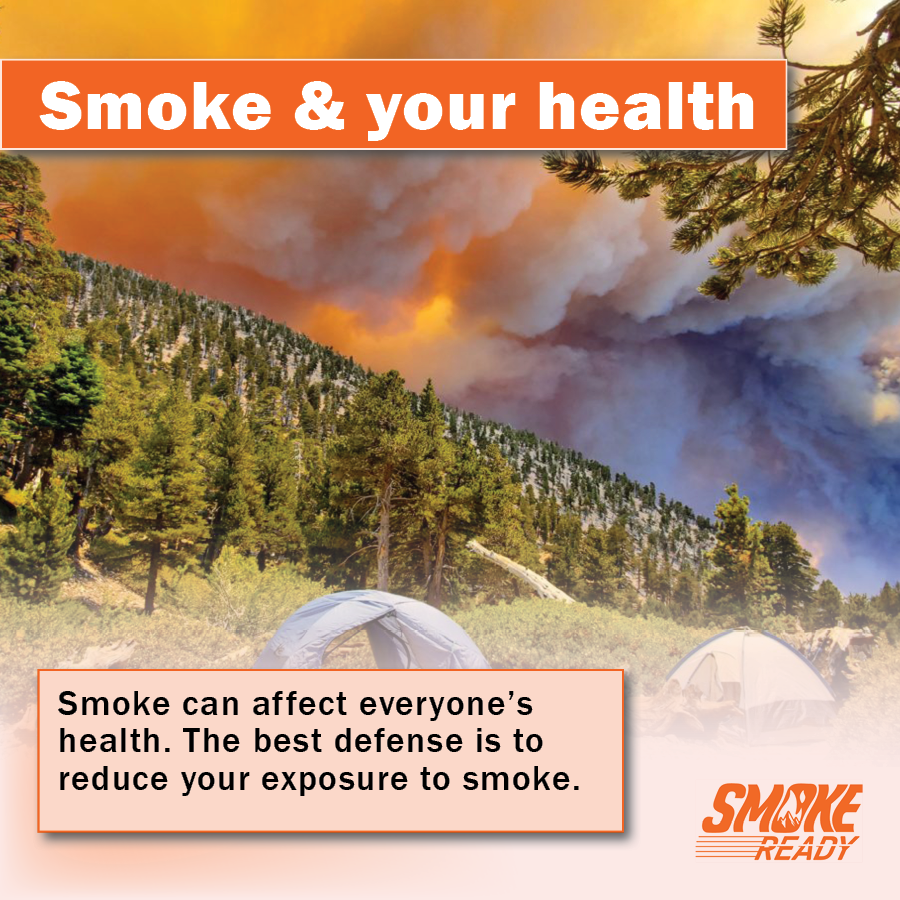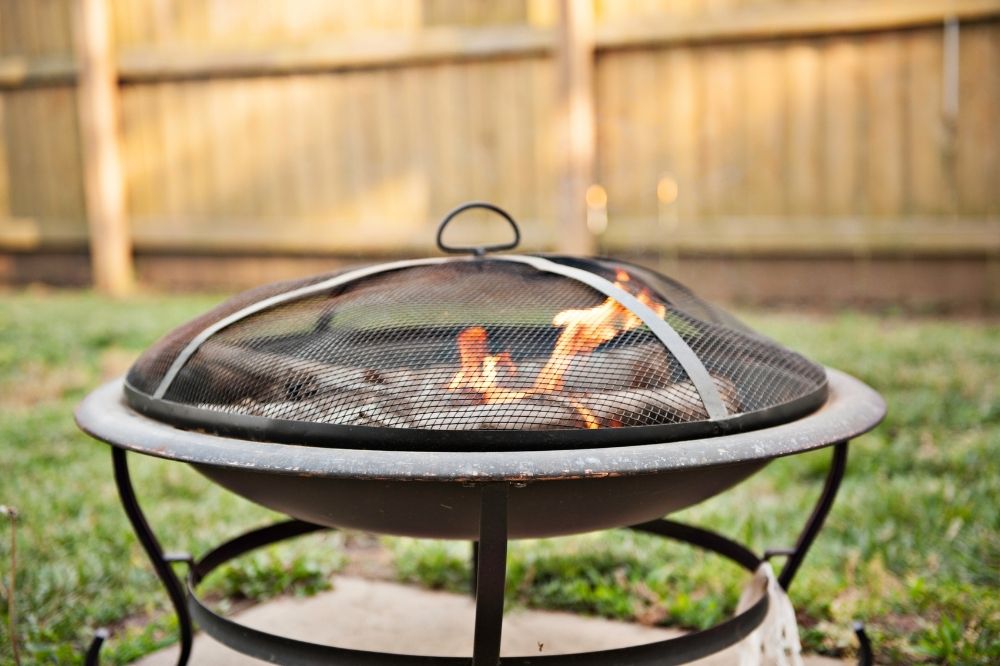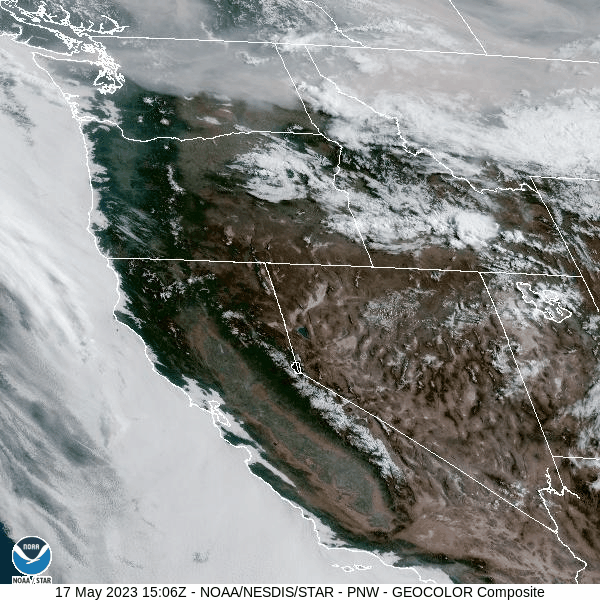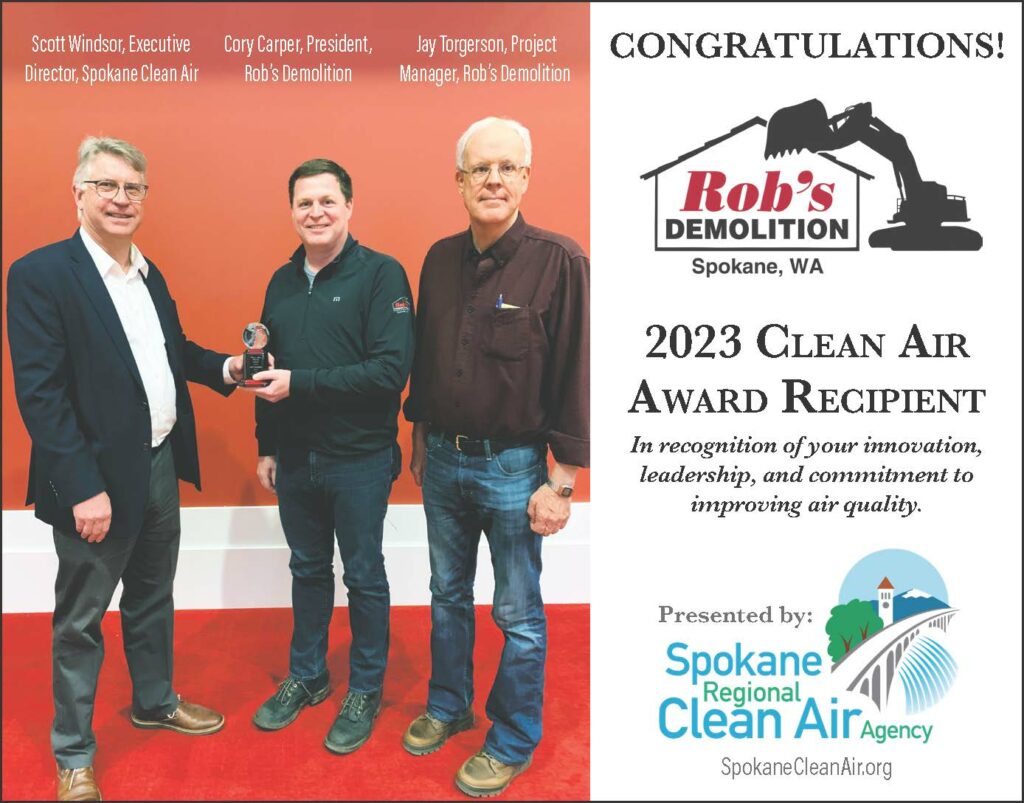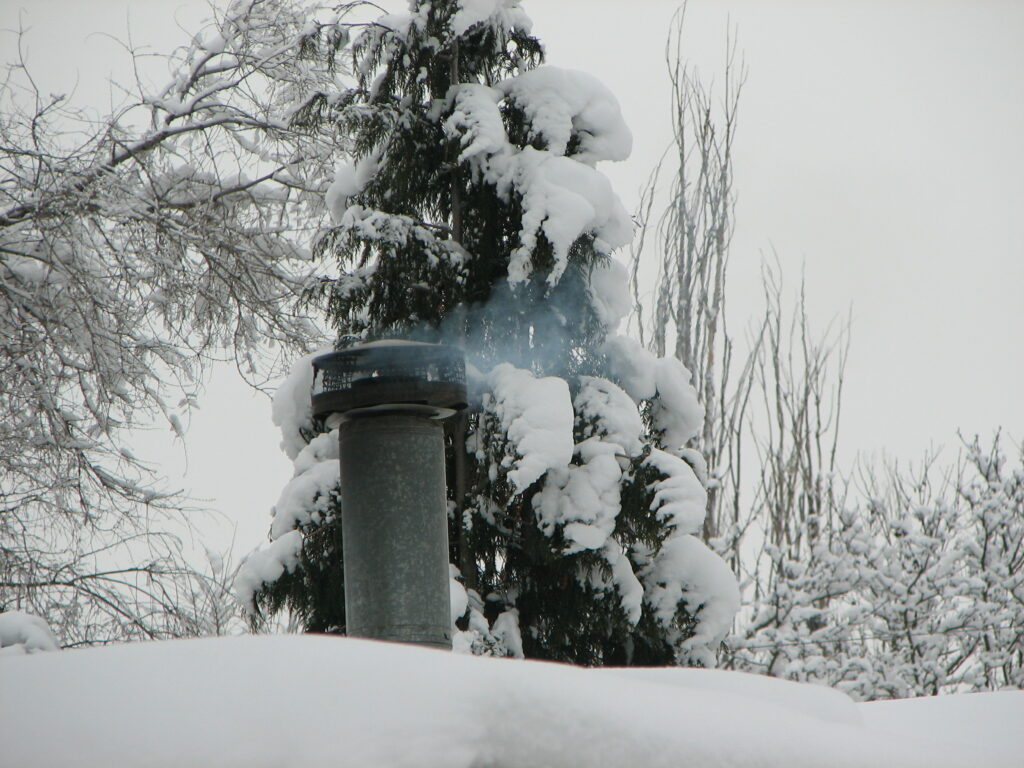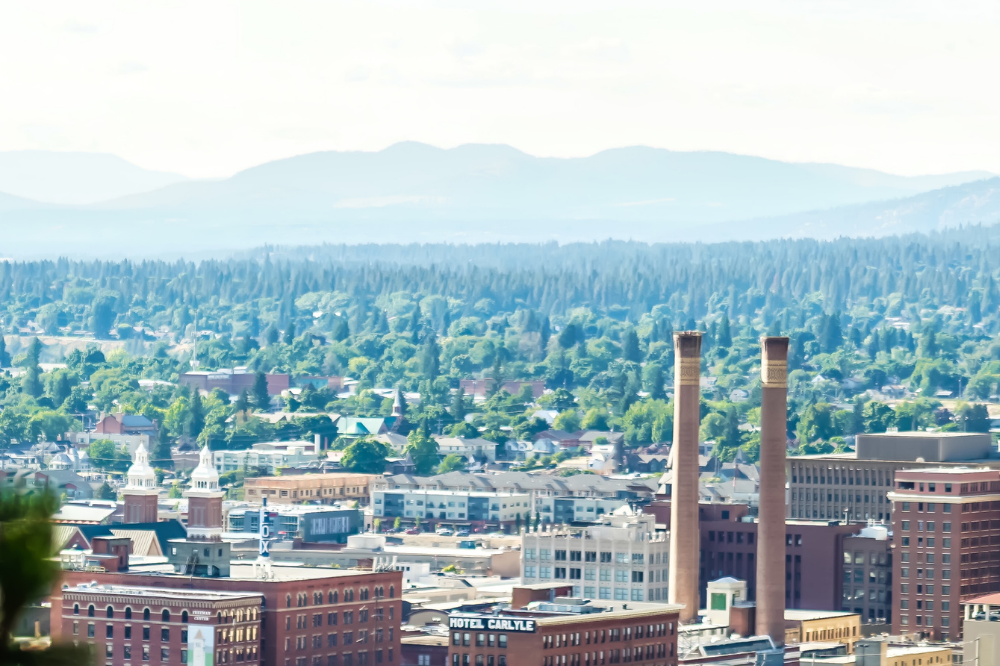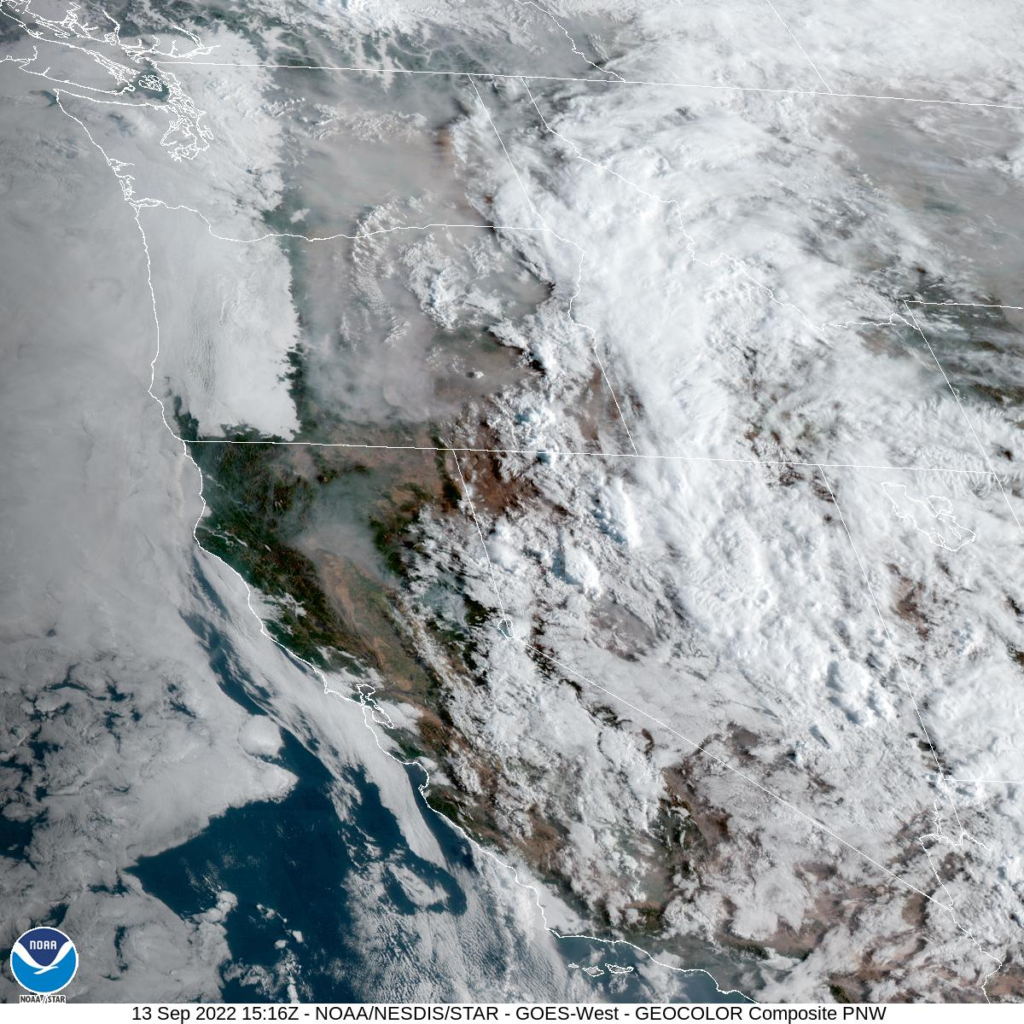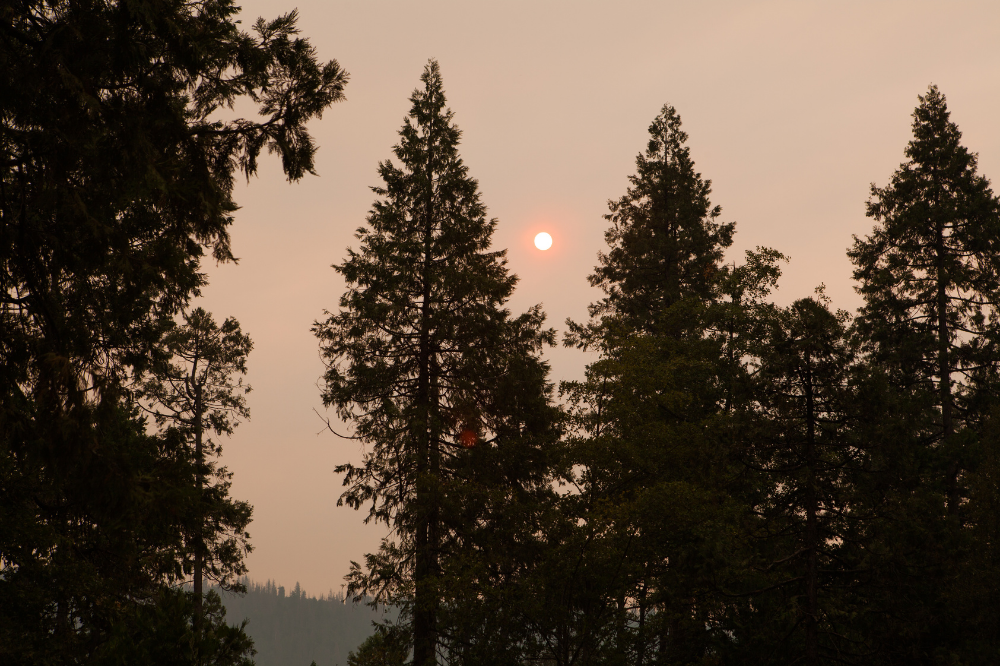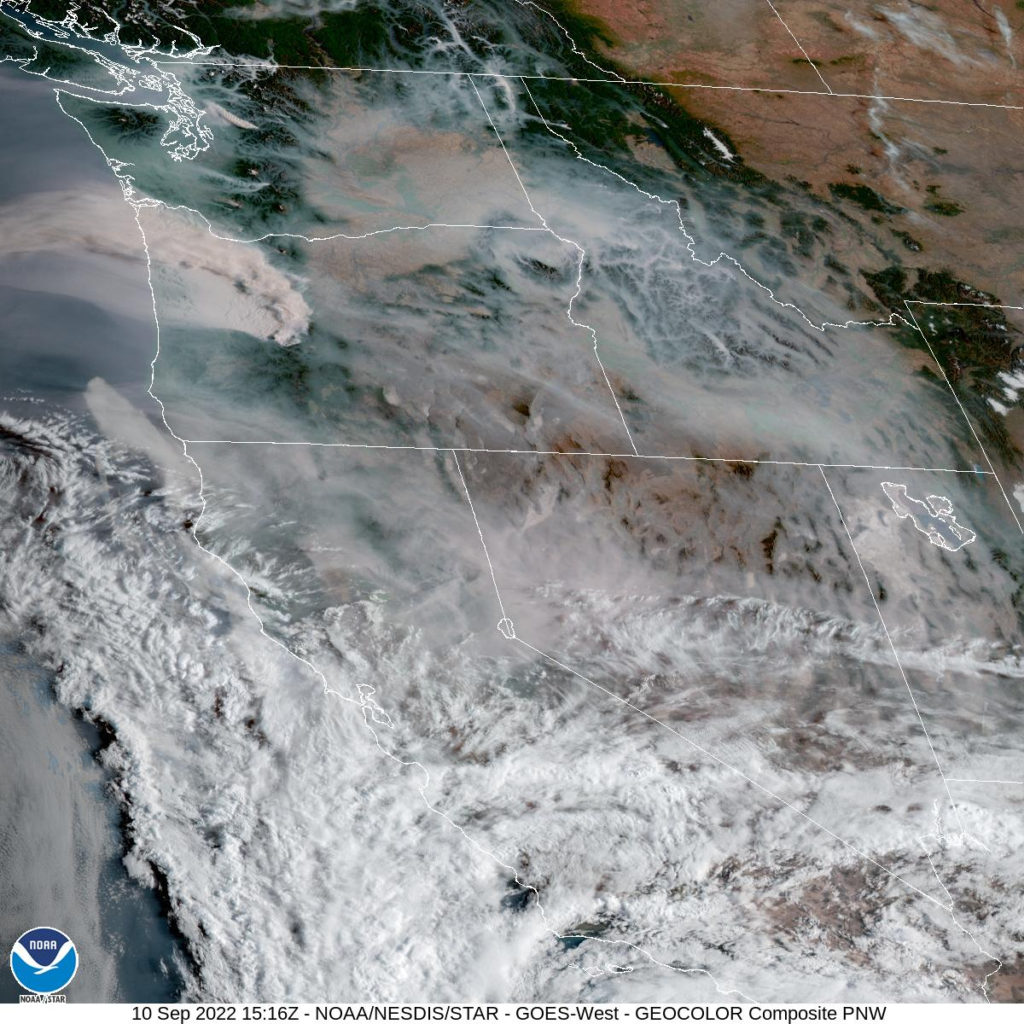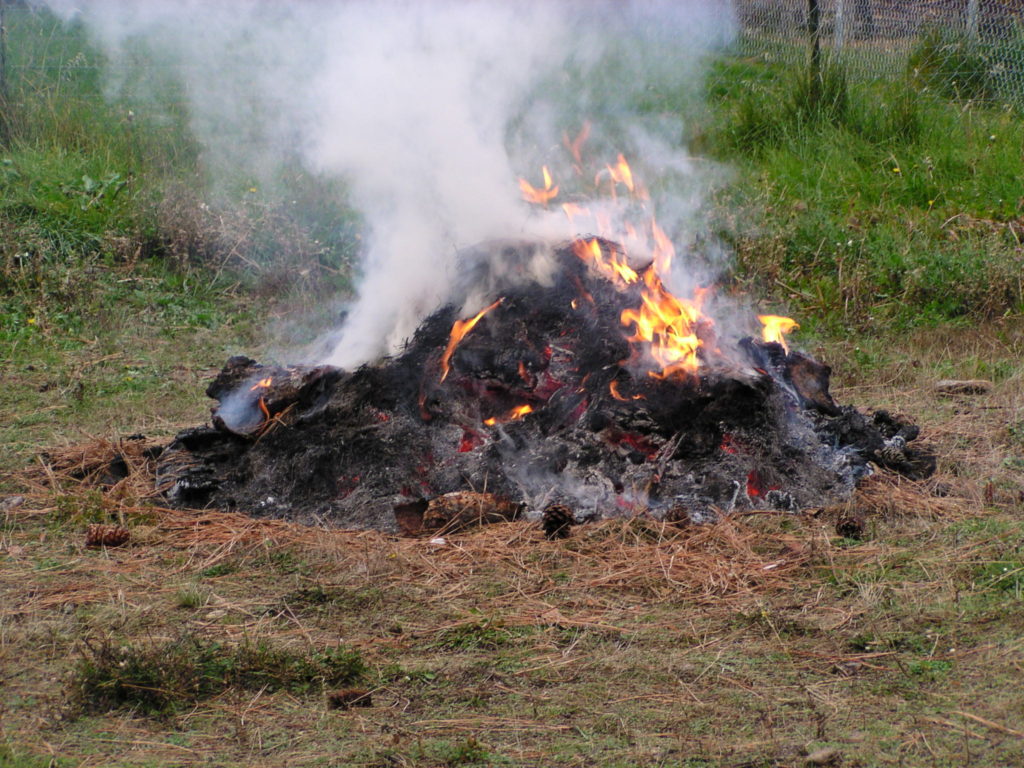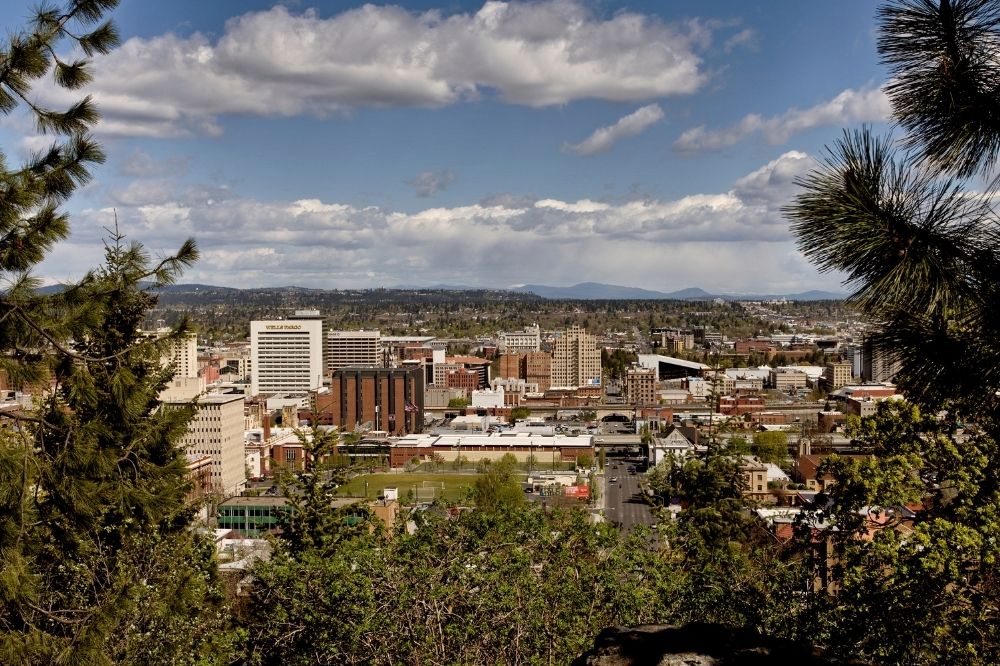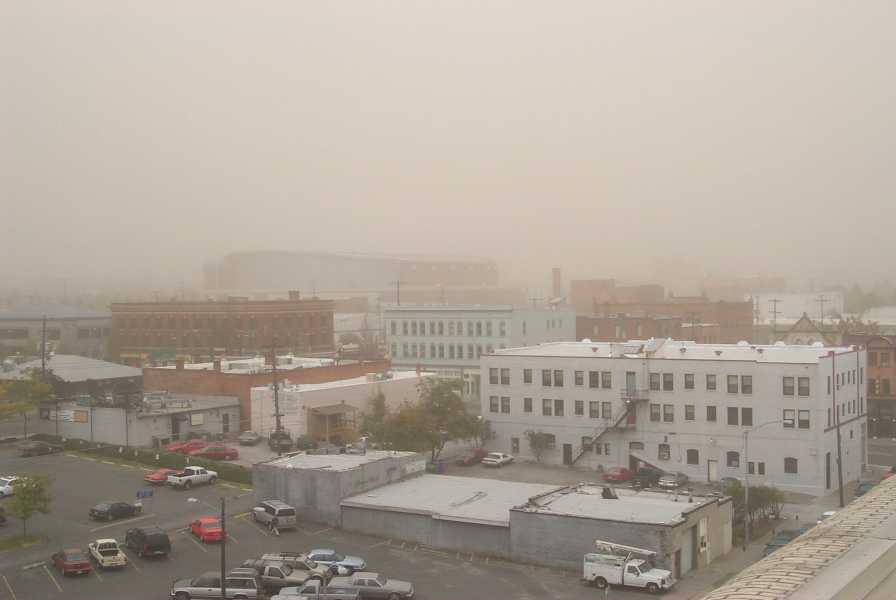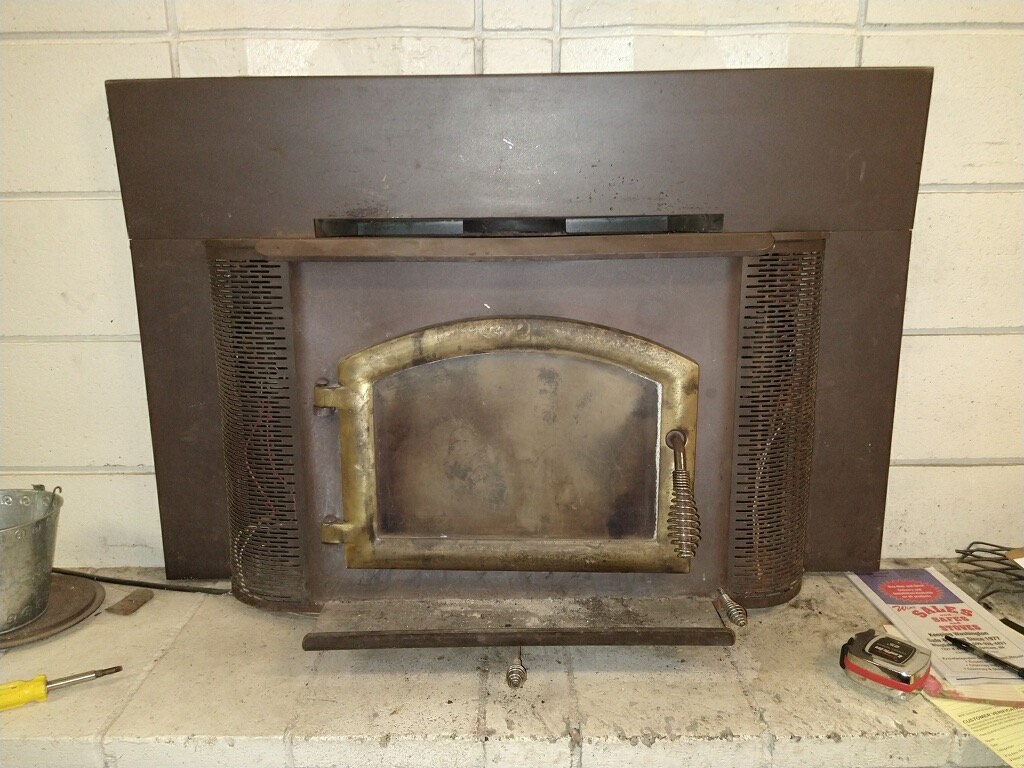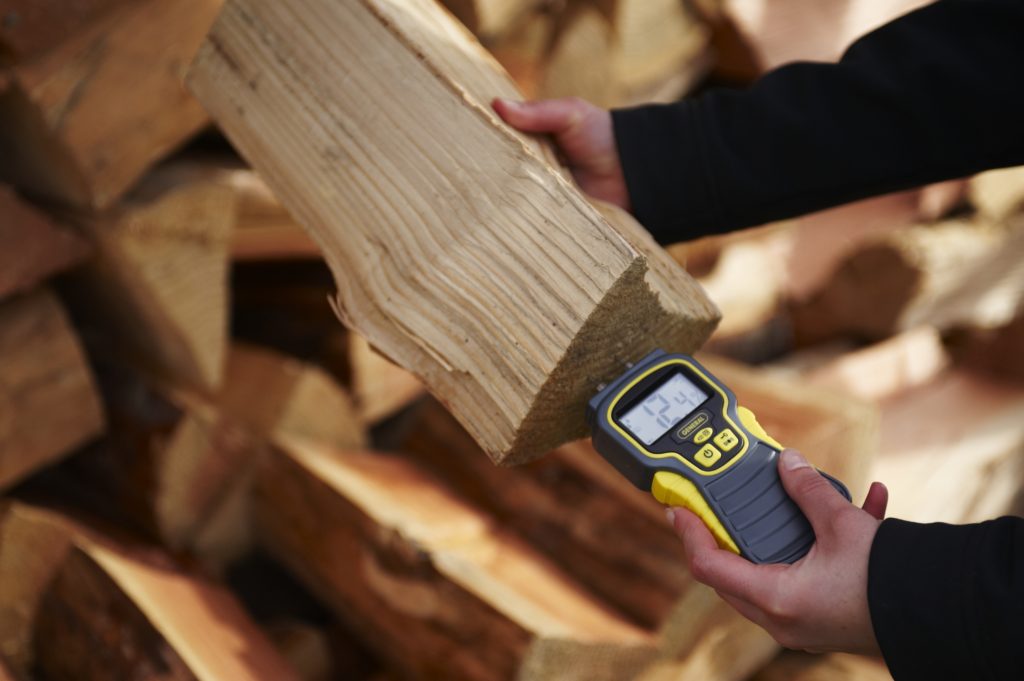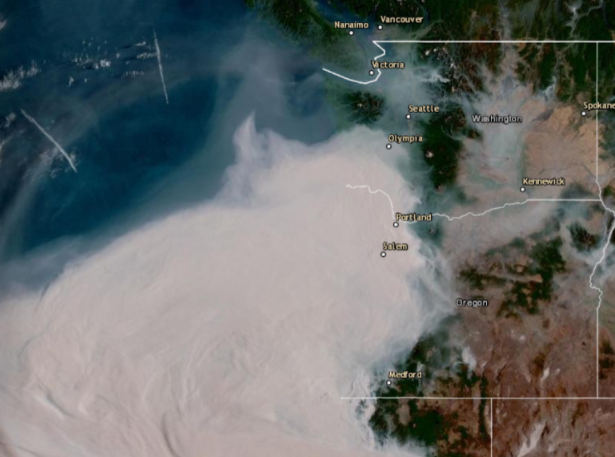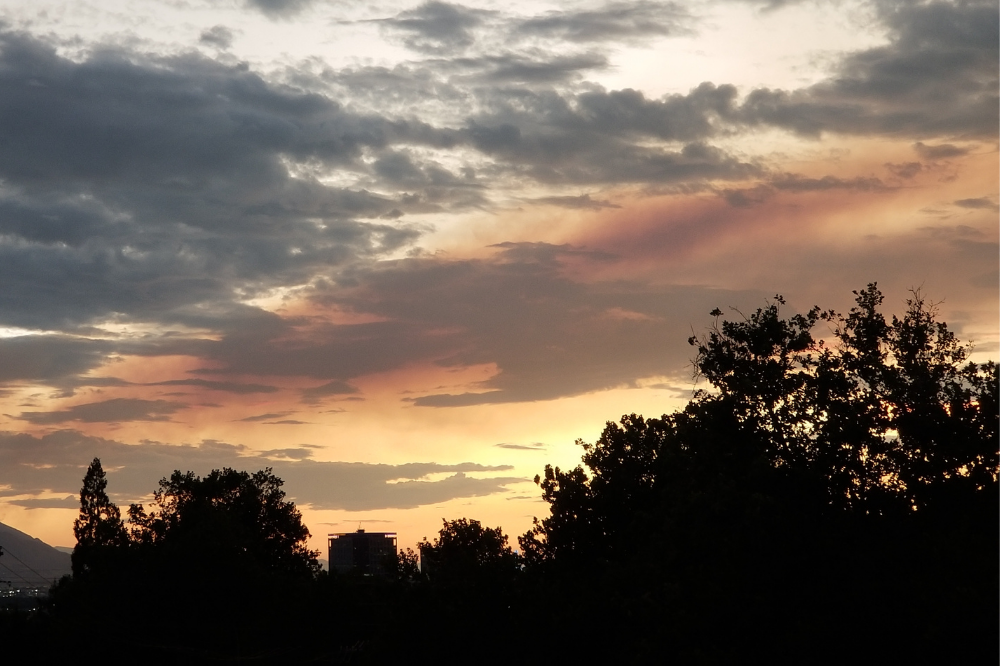
We typically don’t see wildfire smoke until mid-August, but wildfires began peppering the landscape in our region early. Compounding the start to fire season this year is a severe drought and record heat.
Smoke from fires created unhealthy air in late July and early August. If you were caught off guard, you likely weren’t the only one.
Smoke contains very small particles and gases, including carbon monoxide. Particles travel deep into the lungs where they can cause health problems. It is important to know how to best protect your health from smoke.
“Our region continues to be affected by smoke from wildfires. Knowing what the current pollution levels are then taking steps to reduce your exposure to smoke is
important,” stated Scott K. Windsor, Executive Director at Spokane Clean Air.
Spokane Clean Air operates a network of air quality measurement stations and reports levels every hour using the Air Quality Index (AQI) reported on our website. We also provide a two-day air quality forecast to help people plan their outdoor activities. Tips to reduce smoke exposure can be found on our Wildfire Smoke webpage.
Tips to reduce your exposure to wildfire smoke:
- Check SpokaneCleanAir.org for the current Air Quality Index. The index is updated every hour to incorporate the most recent hour of monitoring data.
- Reduce smoke indoors by keeping windows and doors closed when air quality is unhealthy. When air quality improves, open windows to bring in fresh air.
- Switch your air conditioning unit from “fresh air intake” mode to the recirculate mode. Make sure to change filters as the manufacturer recommends.
- Create a “cleaner-air room” in your home using a HEPA filter and change the filter more often when it’s smoky.
- Avoid adding to indoor pollution. Don’t smoke or use candles, incense, sprays, fireplaces, or gas stoves. Don’t broil or fry food.
- Check your vehicle(s) air filter, make sure it is HEPA equivalent and change it more frequently when it is smoky.
